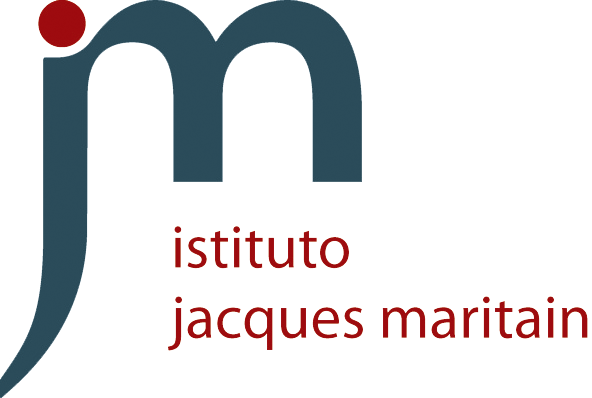Il difficile equilibrio. Istituzioni, spazio pubblico e funzione educativa

L’articolo si interroga sul ruolo che lo Stato e le istituzioni politiche possono svolgere per l’educazione degli individui e per la formazione della coscienza democratica. L’autore evidenzia le
difficoltà insite nel definire il compito educativo dello Stato in relazione all’autonomia etica dei
soggetti. La democrazia, infatti, si fonda sul pluralismo culturale ed educativo. Ciò esclude modelli educativi autoritari, nonché visioni dello Stato inteso come fonte dell’etica. Il testo prende
in considerazione il rapporto tra bene e giustizia evidenziando come lo Stato democratico non
possa per principio imporre alcun credo, né alcuna opzione filosofica e valoriale. Esso deve educare ai principi democratici basilari, centrati sul riconoscimento dei diritti della persona e delle comunità. Lo Stato contribuisce a un’autentica educazione quando crea le condizioni affinché la “fioritura” dell’individuo sia piena.
The article deals with the role that the state and political institutions play in the education of
individuals and in the formation of a democratic consciousness. The author emphasizes the challenges involved in defining the educational role of the State in relation to the ethical autonomy of the subject. Democracy is based on cultural and educational pluralism. This excludes authoritarian educational models, as well as views of the State as the source of ethics. The article takes into account the relationship between good and justice, by emphasizing how the democratic
state can not in principle impose any creed, or any philosophical option or value. It must educate
to the basic democratic principles, which are centered on the recognition of the person as well as
the community’s rights. The State can contribute to an authentic education only by creating the
conditions that allow the individual to achieve a complete “flowering”.
